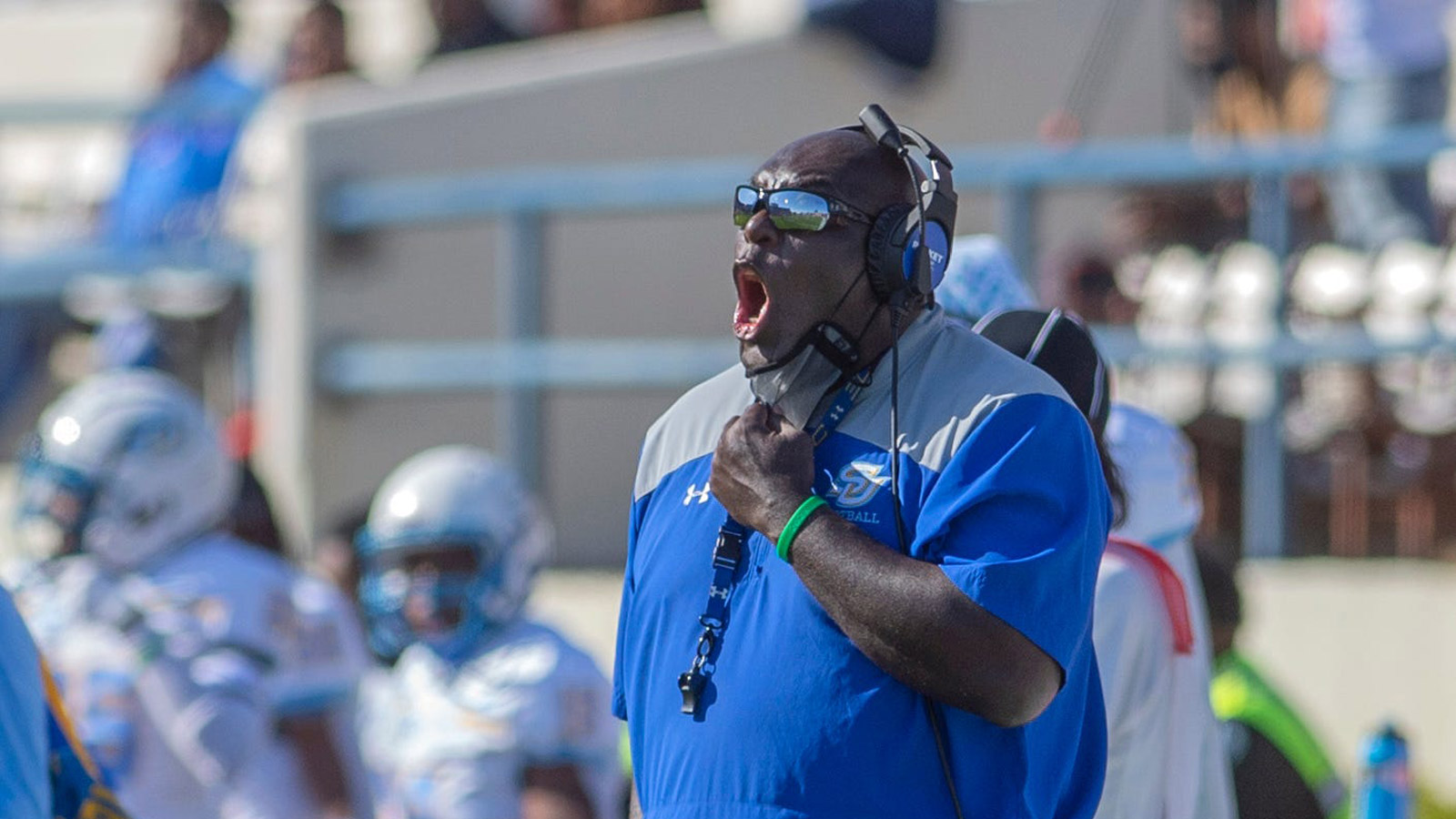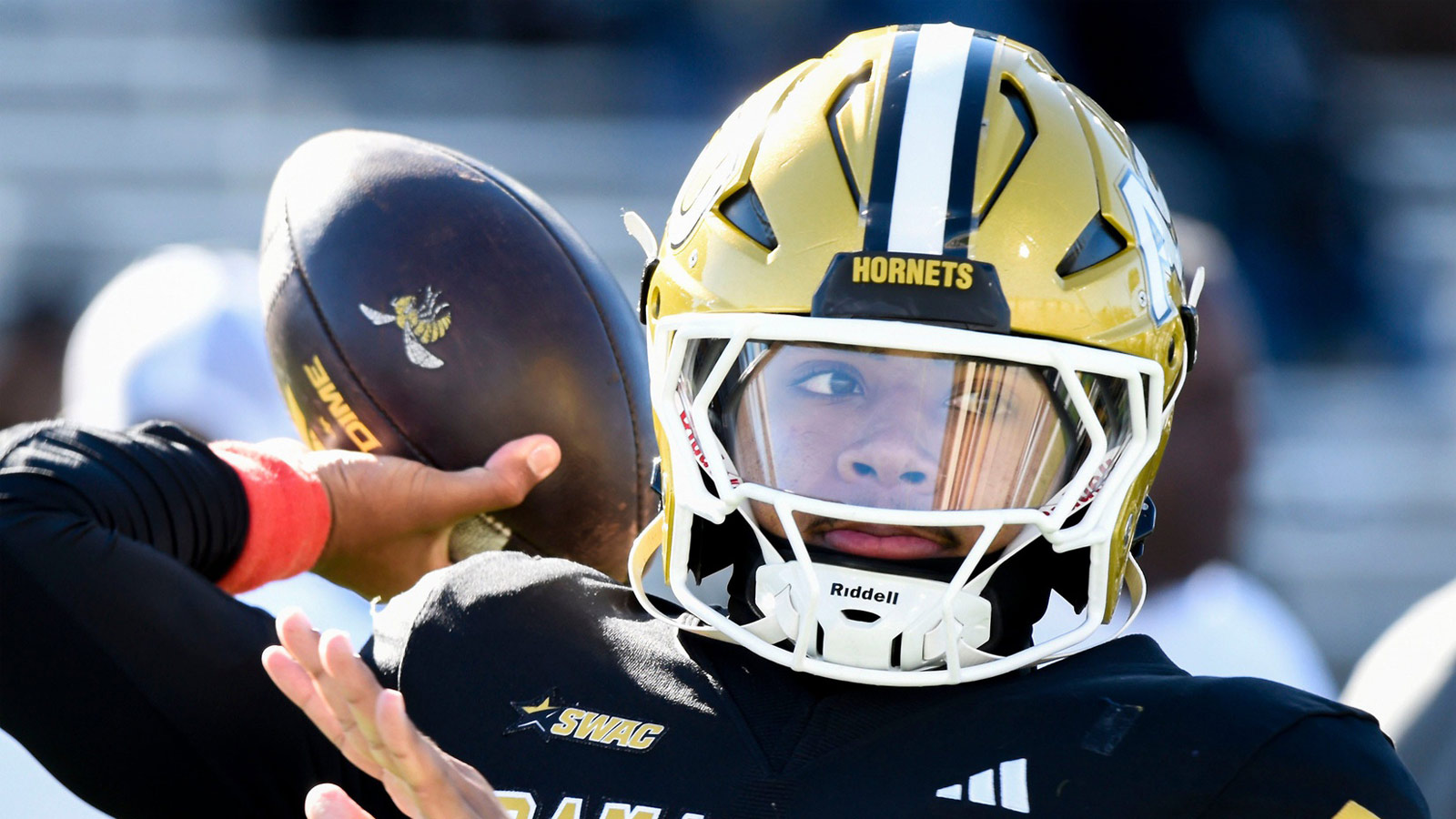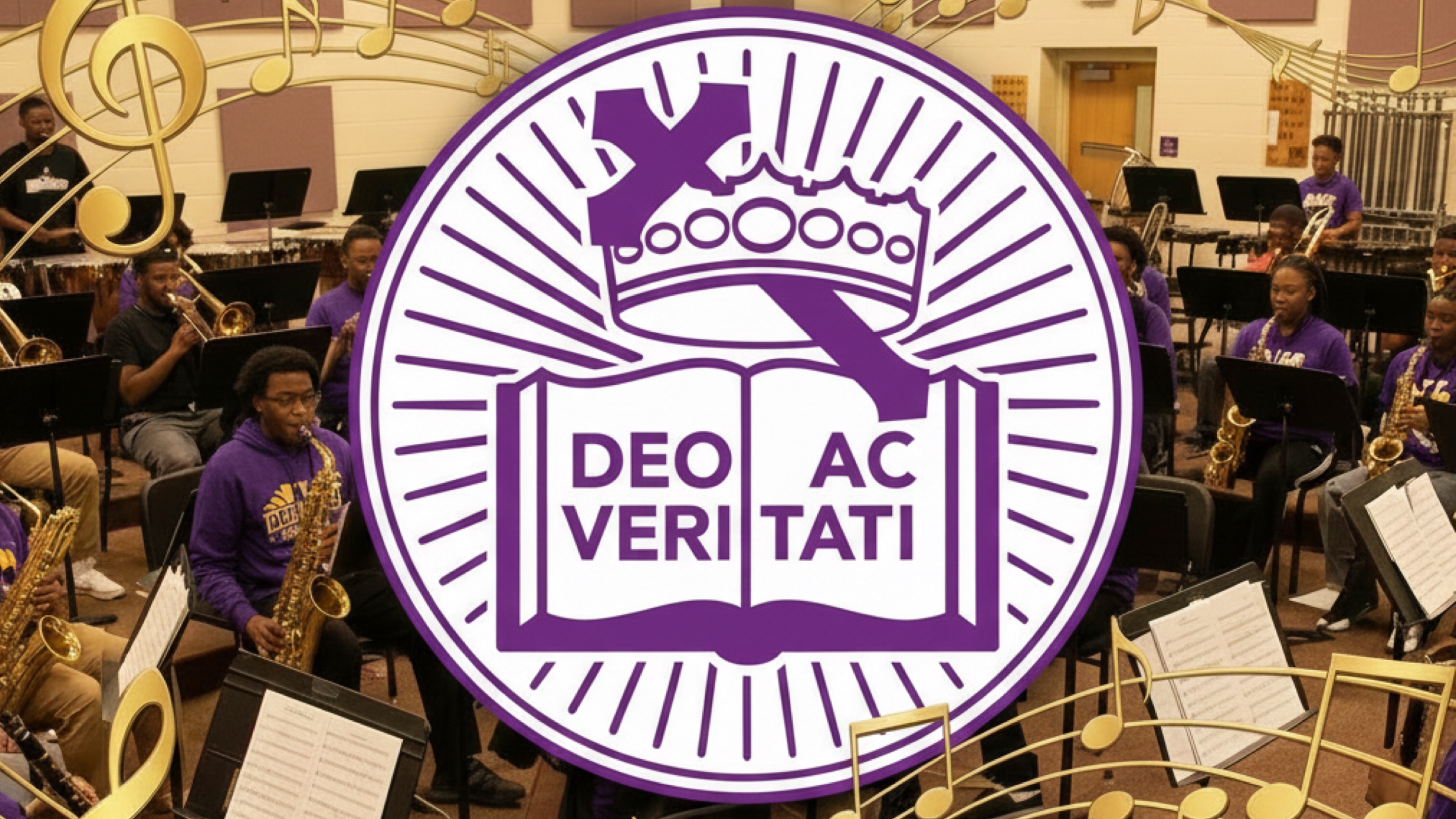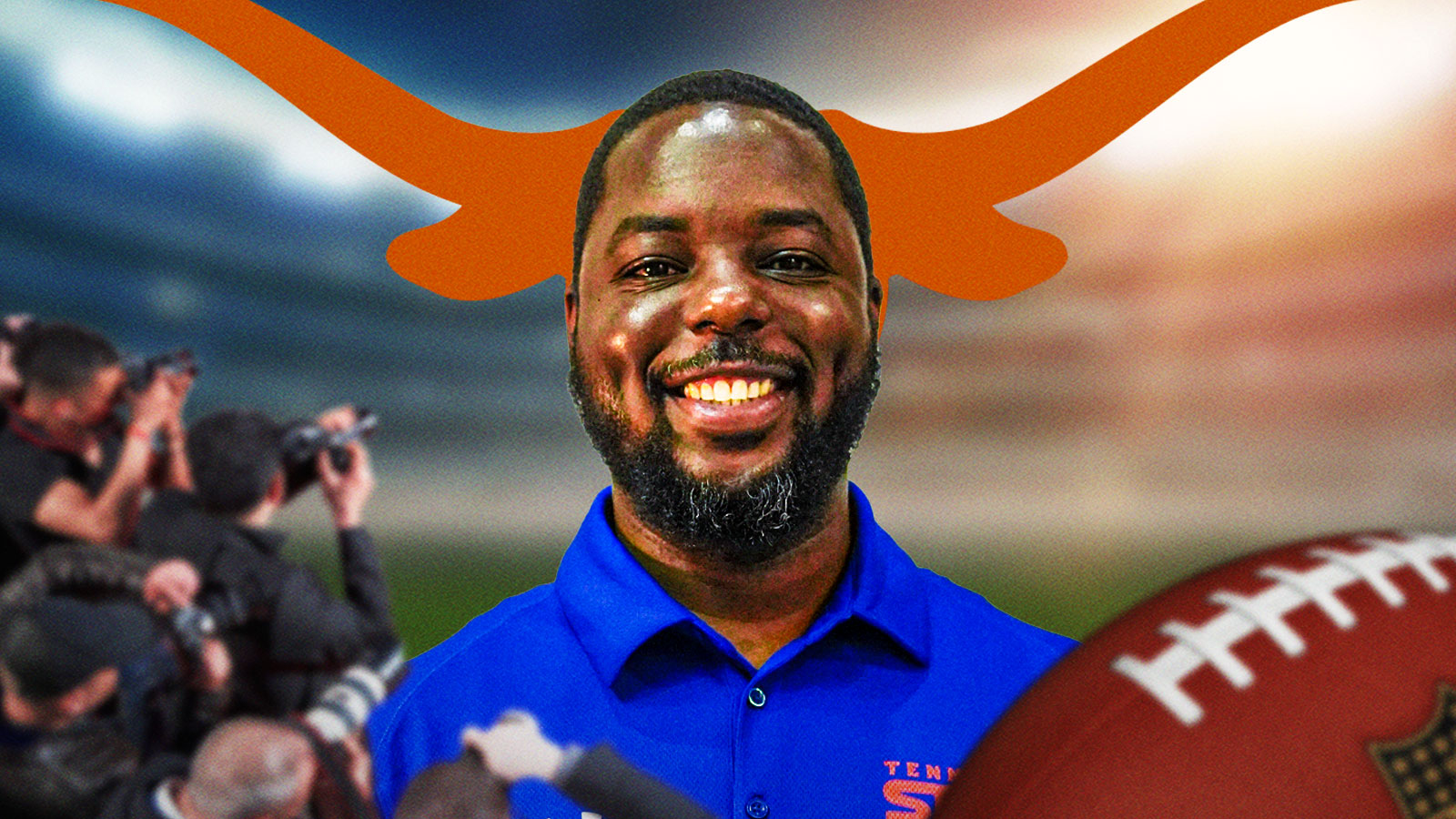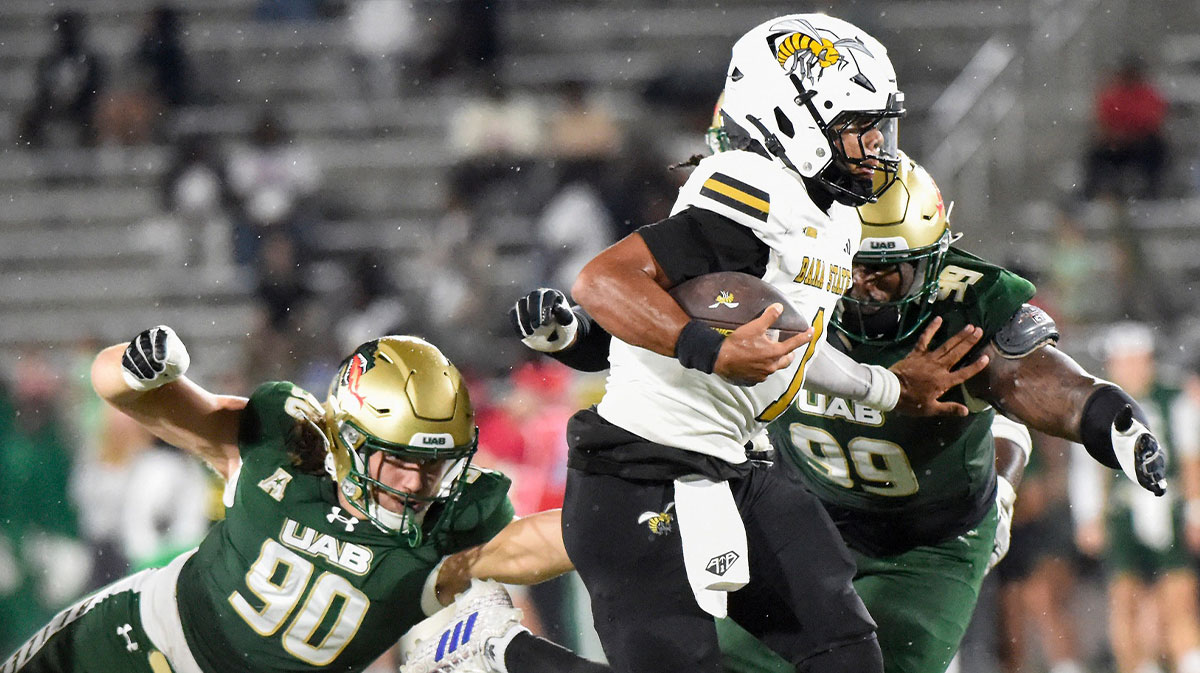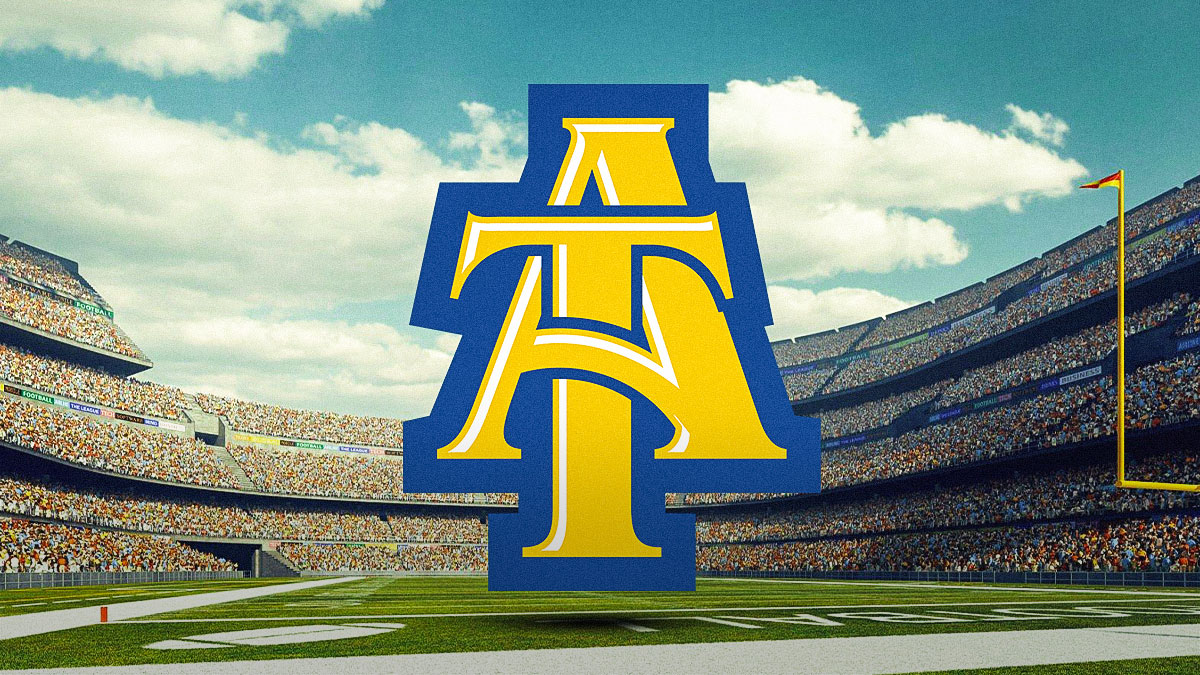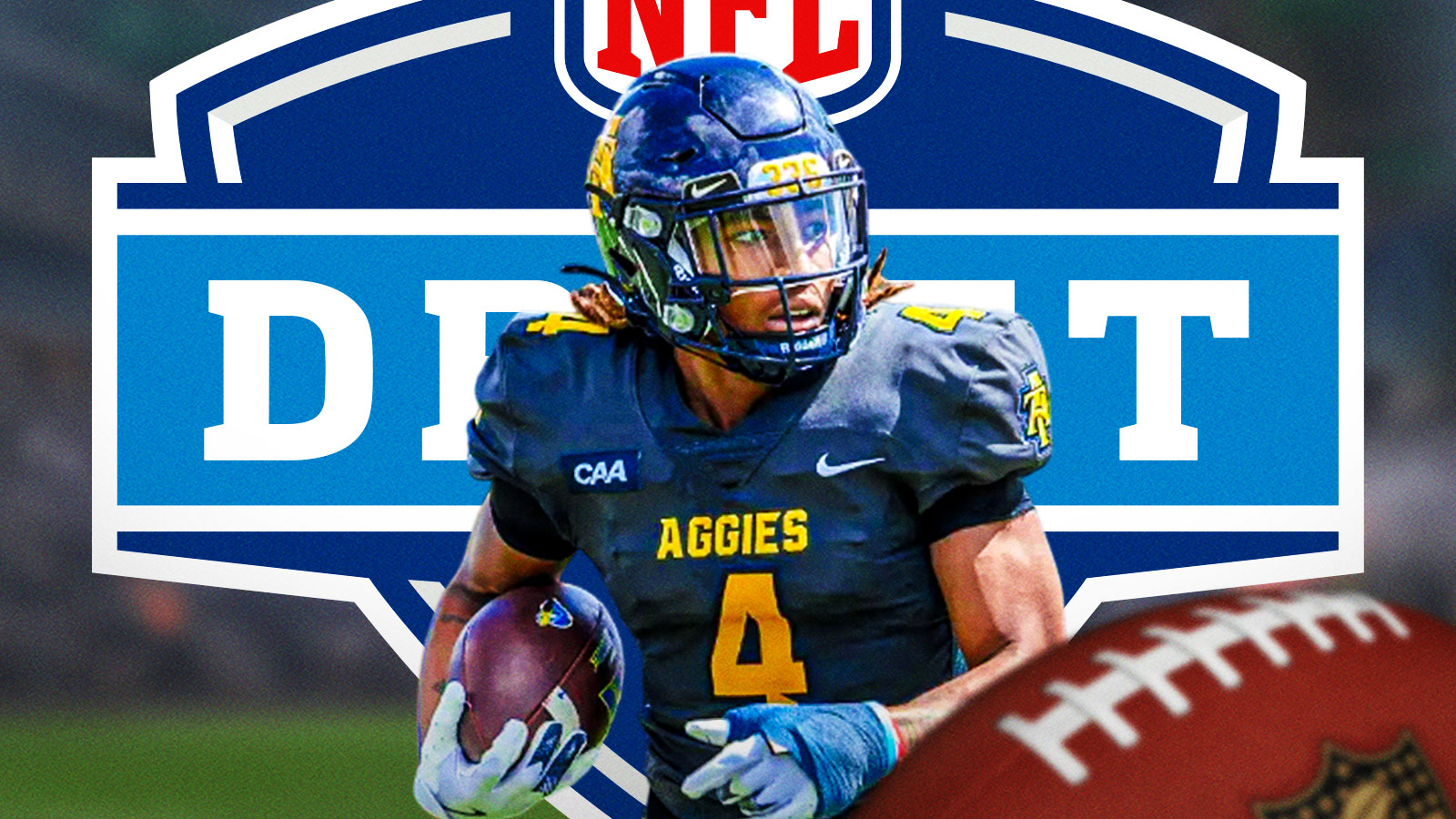One thing that has been consistent in Deion Sanders’s career as a public figure is that he knows how to get people talking. That has never been truer than during his tenure as a coach. From his time at Jackson State to his current stint with Colorado, he often speaks strongly about his convictions and stands by them with confidence, a defiance that has defined his life's success.
But often, in his young college coaching career, Sanders has found himself marred by hypocrisy and a lack of understanding of the true impact of some of the mechanisms he criticizes within the college football landscape. You need look no further than his most recent comments about the recruiting landscape, as NIL (Name, Image, and Likeness) and revenue-sharing stand to be huge topics in the sport in this upcoming season and the subsequent years to follow.
While speaking at Big 12 Media Day, Sanders reaffirmed his advocacy for a salary cap to be implemented in college football.
“I wish there was a cap. The top-of-the-line player makes this and if you’re not that type of guy, you know you’re not going to make that. That’s what the NFL does. So, the problem is, you got a guy that’s not that darn good but he would go to another school and they give him a half million dollars and you can’t compete with that. And it don’t make sense.”
Sanders’s take is said to limit players developed by smaller programs from leaving for larger programs, alleging that this is how the college football powers get ahead.
“All you have to do is look at the playoffs and what those teams spend, and you understand darn near why they’re in the playoffs. It’s kind of hard to compete with somebody who’s giving $25 to $30 million to a freshman class. It’s crazy.”
While many of Sanders's comments are often seen as admirable takes that “defends the little guy,” as was often purported of many of his comments during his time at Jackson State, this one seems to be Sanders finding another way to help himself. This comes at the expense of the players, who have long been taken advantage of in a college athletics system that makes billions of dollars off their bodies and talents. Yet, those same players pre-NIL were unable to make money from their own talents because of “amateurism.”
It feels as if Deion Sanders is upset at a free-market system powered by NIL that prioritizes a player’s earning potential over his typical pitch to get standout players. It isn’t the only reason why these players choose a school, as fit and playing time still matter among other things. But players can finally get their share of the pie. What’s so wrong with that, especially as these FBS schools cash in on billion-dollar media rights deals and significant merchandising and ticket sales?
In lieu of significant financial resources at Jackson State, Sanders relied on his trademark charisma and history of athletic excellence, mixed with the mission of HBCUs to uplift underserved communities, to flip talented recruits to the Tigers. He was so successful in this that Nick Saban alleged he was paying players to attend Jackson State in 2022 during a University of Alabama alumni event.
“Jackson State paid a guy a million dollars last year that was a really good Division I player to come to school. It was in the paper. They bragged about it. Nobody did anything about it.”
Saban’s assertion was a lie, backed up by no facts or “paper” article alleging that Sanders did anything of the sort. But Sanders’s initial response to Saban paints a perfect picture of his recruiting outlook.
“We as a PEOPLE don’t have to pay our PEOPLE to play with our PEOPLE,” he posted on his X account in response.
That pitch at Jackson State worked masterfully. But it was bolstered by the attention and resources that Sanders himself commands. A player like Travis Hunter could forgo attending Florida State and the advantages that would come with it to play with Jackson State and be the proverbial big fish in a small pond, playing a lead role in Sanders’s made-for-TV journey to return an HBCU blue-blood back to its traditional dominance. It was a great pitch.
But that pitch doesn’t work anymore. You’re no longer the outsider proving his worth; you’re just as much in the system as any of the other Power Five coaches. Yes, Colorado isn’t as well-resourced as a school such as Georgia, Alabama, or Ohio State. But Colorado has superb athletic facilities, accomplished alumni, a student population of over 38,000, and dedicated boosters. I’m sure all these factors could ensure Colorado stays competitive financially as Sanders works his own connections to secure the needed resources to compete.
Plus, Sanders makes $10.8 million per year. Why can’t the players get their cut of the money pie, which will still be only a fraction of what he and other college coaches make? Maybe the problem isn’t players whom he deems as “not that darn good” being outbid on the free market that NIL has provided and that revenue-sharing will only bolster. Maybe it's the pitch to both recruit and re-recruit your players.
It’s not good enough to just be “Deion Sanders” in a system in which players choose their destination for more than just making it pro and the potential of making money two to three years down the line if they make the NFL. Maybe these players aren’t the lazy, greedy freeloaders that many have made them out to be. Maybe, just like the coaches making tens of millions of dollars per year and who will leave for the next best opportunity, they’re looking out for their best interest. And that’s perfectly fine.
Instead of advocating to implement rules that will only hurt the players and not prevent Colorado from getting talent, nor the usual college football powers from competing for national championships, push the NCAA to do their job in policy implementation. That will allow Sanders and other coaches like him to focus on actually securing the commitments of their players in a system that they only deem unfair when it isn’t constructed for them to win.










